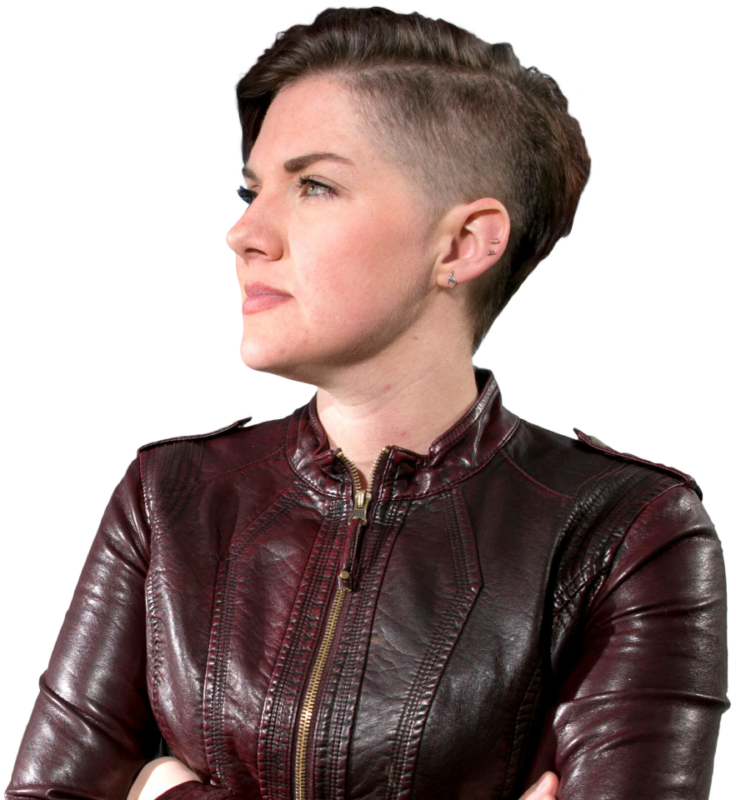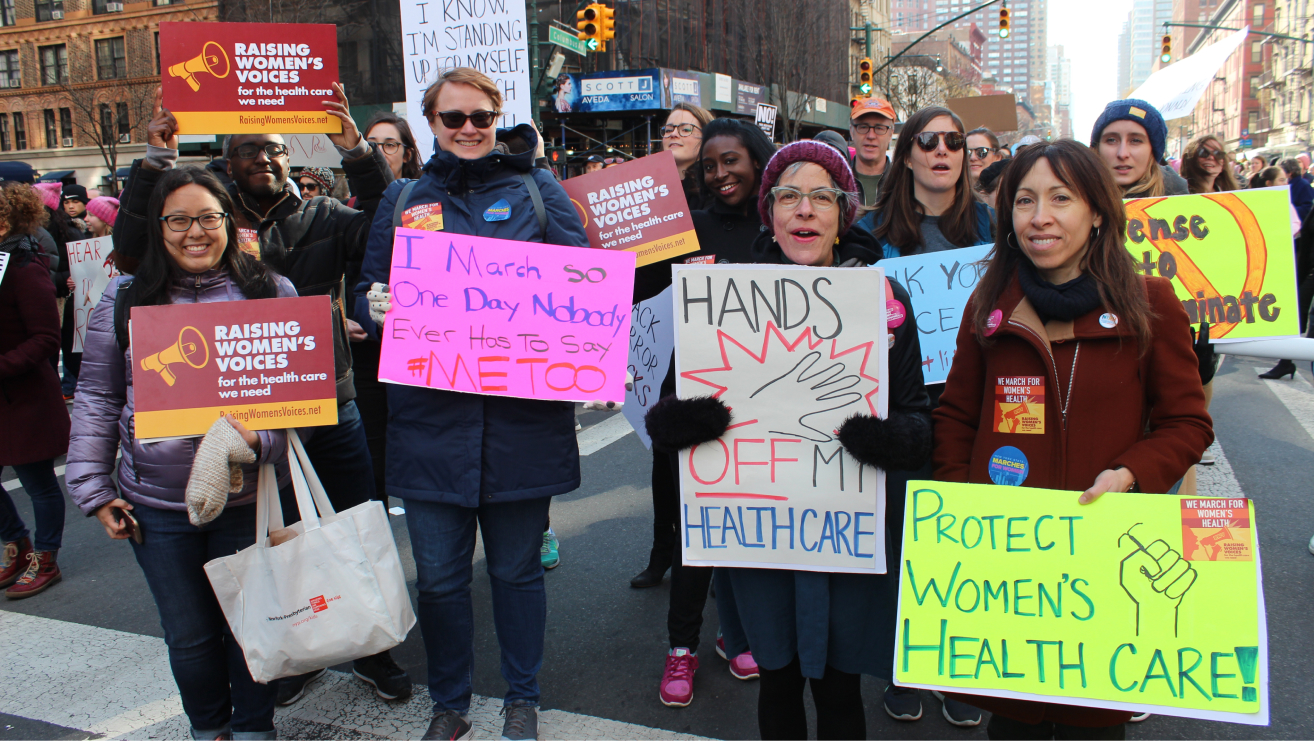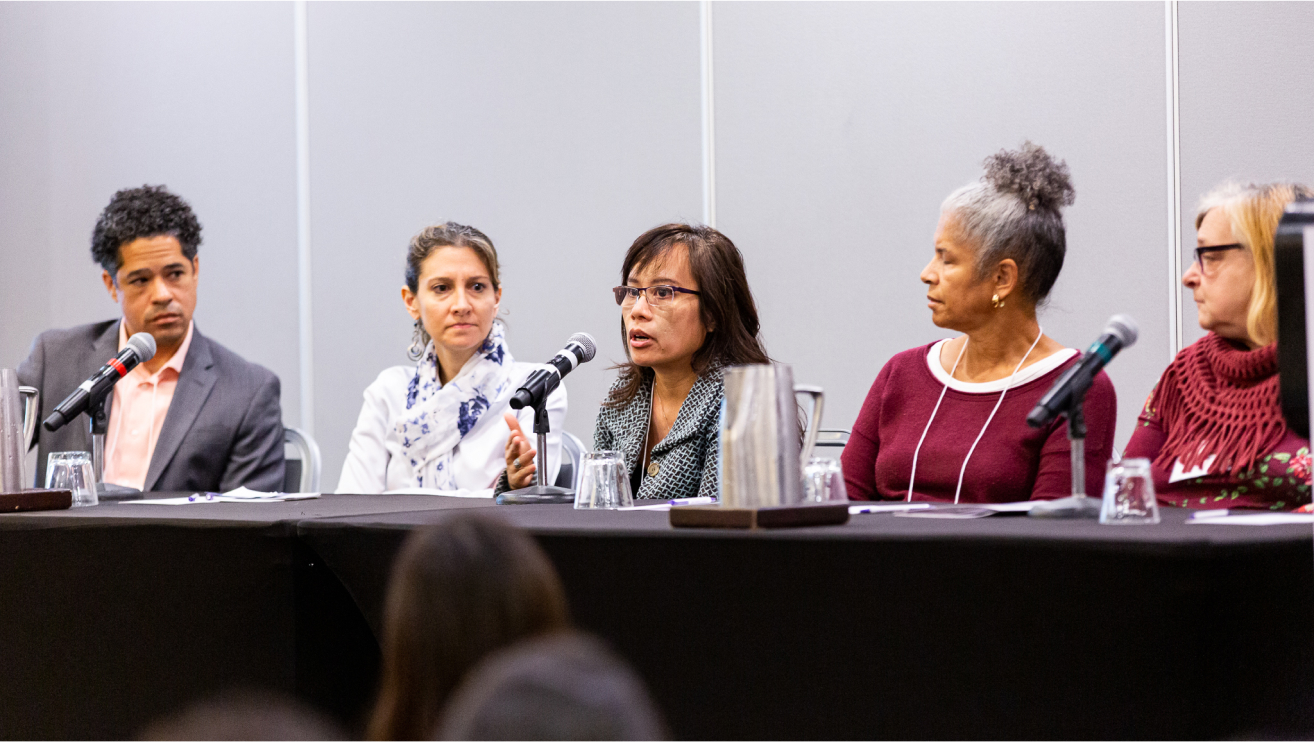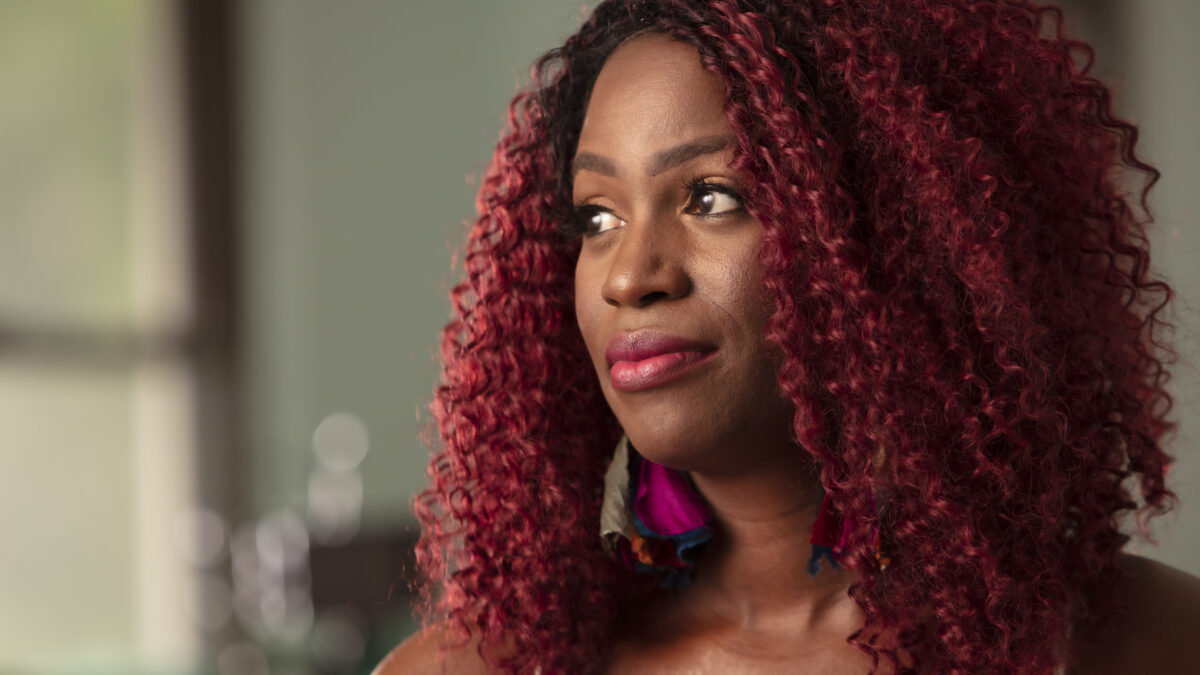Organizing People & Power

Why we’re uniting for health justice
We’ve done incredible things when we’ve organized together to change the health system. We got the Affordable Care Act passed against massive opposition, and with that came some of the biggest expansions in coverage and benefits — ever. We have protected — and are still protecting — those gains from endless attempts to repeal the law.
When the Supreme Court made Medicaid coverage expansion a state option, we organized together in states across the country to build coalitions, knock on doors, and tell the story of why expanding Medicaid coverage is so important — not just as a health issue, but as an economic and race equity issue.
Because of our efforts, millions of people can get basic and life-saving health care. But we are not done, because we don’t give up.
Today, we are organizing together to push for Medicaid expansion in the remaining 10 states — almost all of which are located in the South.
For decades, we have organized together to win countless battles at the local, state, and national level — from lowering the cost of prescription drugs and passing policies that protect people’s access to hospital care, to innovating and scaling major coverage reforms like the Children’s Health Insurance Program (CHIP).
Together with partners, we have built power by seeding organizations at the state level, bolstering organizational infrastructure, and launching leadership development programs. We have worked to ensure policy agendas are infused with community leadership and perspective, and established grassroots engagement programs focused on issues that are important to communities — from ensuring immigrants are not excluded from insurance coverage, to ensuring people with disabilities are centered in health system innovation policy.
Through it all, we have seen that organizing work works.
We know that opponents of health justice, from corporate interests to extremist politicians, will spend endless resources and exert tremendous power to keep the status quo — a status quo that disproportionately hurts systemically excluded communities, including LGBTQ+ people, people with disabilities, women, immigrants, and Asian, Black, Indigenous, Latinx, and Pacific Islander communities.
We are up against a complex system of corporate interests, and we need an even stronger, more united movement where we work together across local, state, and national levels.
We cannot out-spend corporate interests in the fight for health justice. But we can out-organize them. And we can build and leverage the power we need to make structural health system change. Because the truth is, we need to build more power if we’re going to create a health system rooted in race equity and health justice — a health system shaped by and accountable to all people.

The good news is — we are on our way, together with partners
Our collective power is steadily growing: through grassroots base building, by raising and sharing resources, and by expanding our capacity in organizing and digital communications.
And, because we believe what Audre Lorde said — “we do not live single issue lives” — we are working to form stronger connections with aligned movements, including reproductive justice, economic justice, democracy reform, racial justice, environmental justice, and immigrant rights.
Large-scale, systemic change takes time, patience, and perseverance. But it also takes guts, vision, and collaboration among the people most impacted, community leaders and organizers, policy experts, as well as policymakers and health care leaders who share our vision for change.
Together, we are building power and uniting for health justice.

Our Approach
- Along with partners, map how power operates at various levels in the health system and develop shared strategies that identify the power the health justice movement needs to achieve the change we seek
- Build coalition power by resourcing stronger collaboration so that organizations at the local, state, and national level are better able to organize together, to coordinate communications and storytelling strategies, and deploy issue advocacy campaigns that both advance important policy change and grow grassroots base and leadership in intentional ways
- Work with partner organizations to ensure policy agendas are co-designed with community members and leaders and rooted in race equity
- Alongside partners, foster deep connection and relationships of trust and understanding between organizations and leaders
- Build organizational capacity and impact through leadership development and through infrastructure support
“Change doesn’t move at the speed of people’s lives. And it could.”
